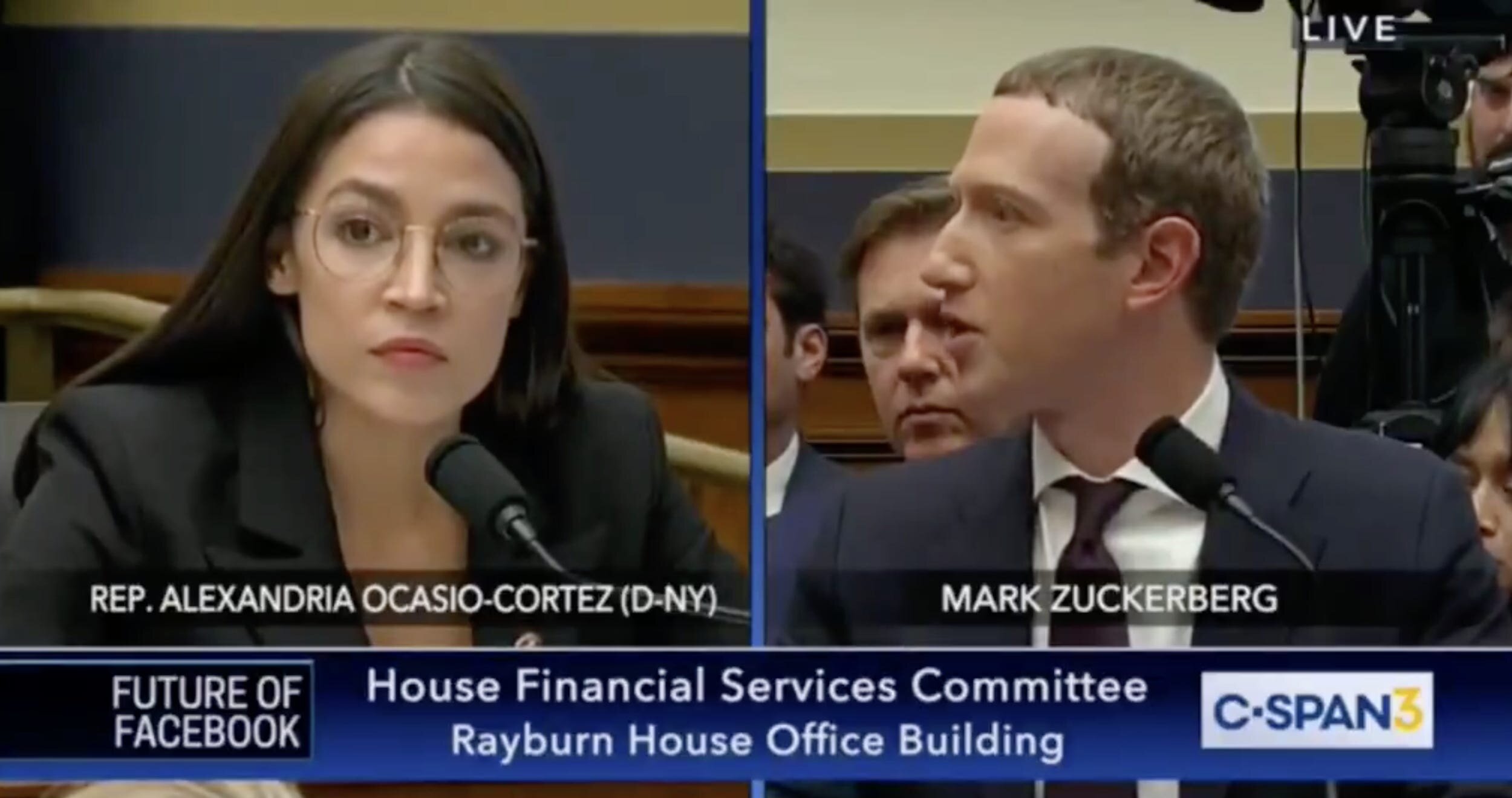The last few years have seen significant political change and, according to a new documentary, a lot is down to digital advertising, and its power to specifically segment and target different audiences.
The Wild West
It is partly due to the willingness of consumers (including us, dear reader) to share personal details and data, as well as a lack of knowledge of how this affects online – and offline – lives.
However, the ethics of online platforms also comes into play, especially with the retention and sale of detailed information, which has seen accusations of social giants verging on greed.
The Wild West of the digital frontier has been and gone. GDPR, data overtaking oil as a valuable commodity and privacy added as a human right are flavour of the month. Opportunistic (immoral?), yet very clever, data scientists and marketers have already had their fun.
The Great Hack
Facebook is, rightly some say, being chastised for its lack of reactivity and ethics in this area. And, as the fascinating documentary The Great Hack explains – regardless of your political leanings – Facebook’s tools, data and audience segmentation, have been manipulated to have an effect on multiple elections around the world.
Investigations are still ongoing and the fallout from their impact may take years to come to the fore. The brashness of Cambridge Analytica, in secretly-recorded tapes, show the extent to which data was being manipulated – from Ted Cruz’s 2015 presidential campaign (the forerunner to Trump 2016), to Nigeria and Trinidad & Tobago among others.
Even if you do not work in digital, you will be online in some capacity – I strongly recommend you settle in and watch The Great Hack. It’s a fascinating insight into how we are being communicated to, and it has repercussions for everyone, including Mr Zuckerberg, who recently got ripped a new on by AOC – see here.
What next?
Many people, myself included, are not fully aware of the extent to which our data is used to create an echo chamber of rhetoric, adverts that have more effect than we realise, and selected communication and news snippets.
Working in digital marketing, and using some of the platforms and advertising techniques, I am acutely aware of the ways we can specifically target people with messages, narratives, images, video and so on. However, maybe it is high time for a moral code to be brought into the fray, much in the same way that TV, ATL and print advertising has to adhere to….?
What do you think? Have you noticed more adverts following you around the web? Do you think Alexa/your smartphone listens to you more than you’d like? Do you feel that you’re being more accurately targeted by brands and organisations than ever before?


